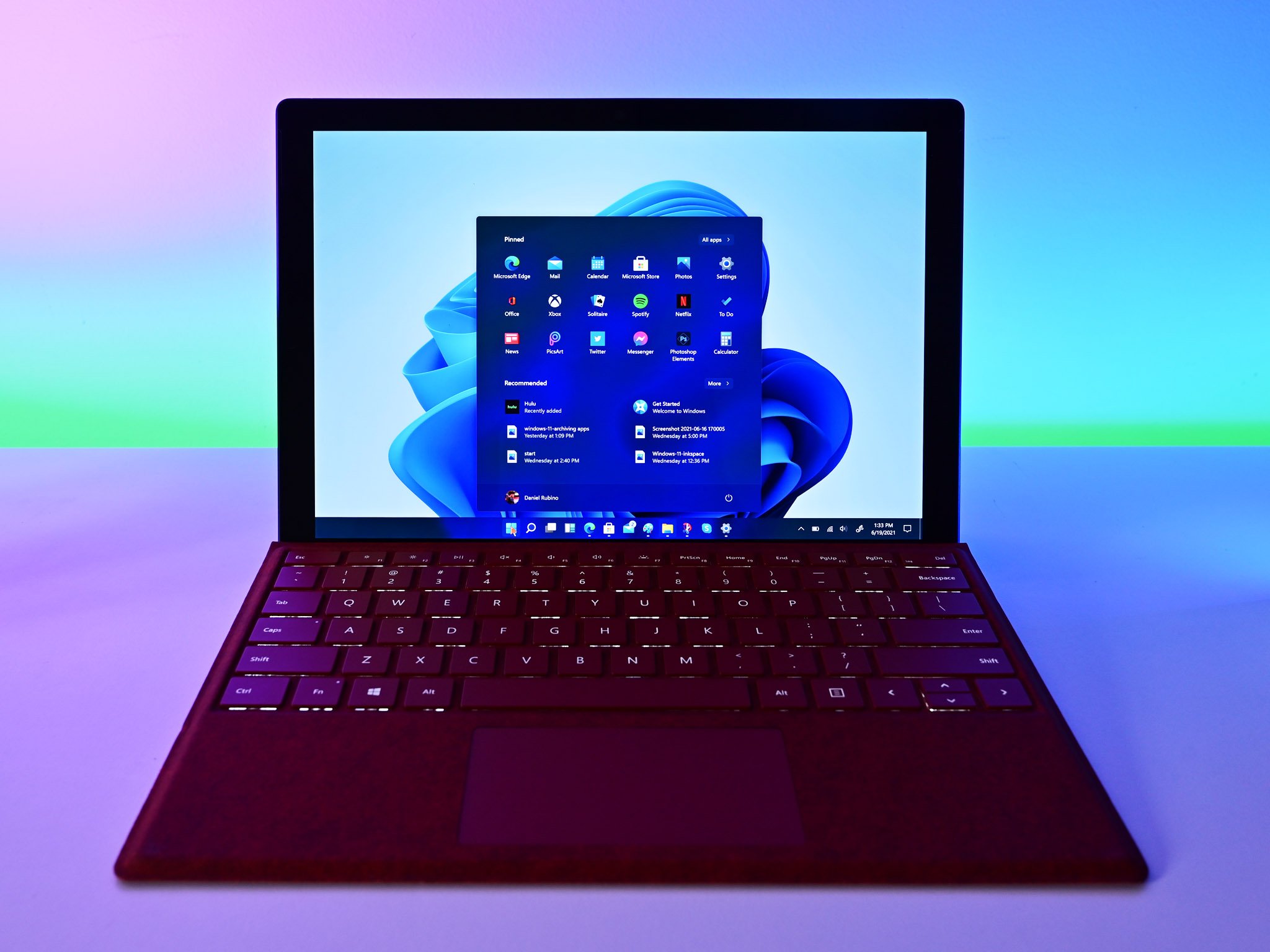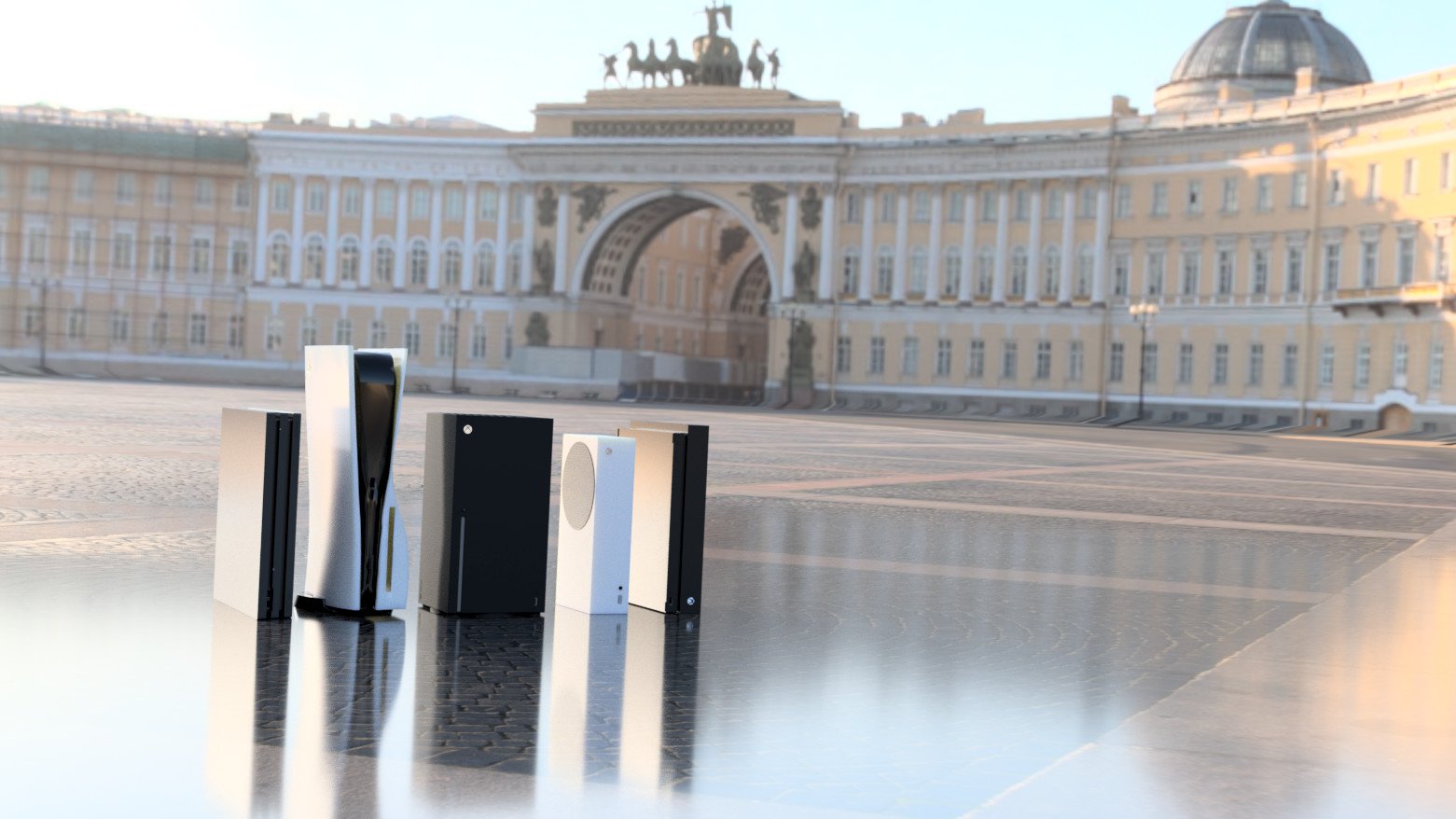A lot of fuss over a little update.
The unending news cycle around Windows 11 that has haunted us since June 2021 is nowhere close to stopping, but we've finally hit a critical juncture: The operating system's actual release.
As many were saying for months within the Insider program and as a wide variety of reviewers are highlighting now that the OS is generally available, Windows 11 is not a big deal. It is a sprinkling of new features, a new UI, and cosmetics which, for the average Windows user, won't amount to much of anything, hence why lots of reviews reiterate that those sticking with Windows 10 won't be missing out on anything substantial for the time being.
On one hand, that's great for Windows 10 users who get to maintain relevancy for years to come, but on the other, it's sad to see Microsoft pump out something arguably trivial and underwhelming for the sake of drumming up the media and gaining time in the limelight.
What does it do?
Windows 11 has a couple of features for people who game (the phrase "gamers" is just the dumbest thing, isn't it?), some quality-of-life tweaks such as a less crappy Microsoft Store (which is coming to Windows 10 in the next few months), and the most notable change, the new UI.
That sounds like a big update to Windows 10, not an upgrade from it. It was a tame lineup of new goodies back in June back when the claim was made that Windows 11 doesn't matter, and it's a tame lineup now. The best features of Windows 11 shouldn't settle for being neat surprises; they should be eye-opening revelations.
There's a very large contingent of people who feel Windows 11 essentially is a glorified Windows 10 update, including industry experts and analysts. And while many people are happy about that because it means the new OS is built off something tried and true, something tested and beloved, there is the question: If iterations stay so small and incremental, when, if ever, will we see a colossal leap?
The gaming parallel
To compare the Windows 10 to 11 jump to another recent tech "upgrade" of minimal significance, recall the jump from PS4 to PS5, wherein Sony's biggest selling point for its new system was its SSD — otherwise known as a component PC gamers have been rocking for ages. Beyond that, the hardware upgrades were big on paper, but have failed to materialize as anything meaningful in practice. We went from massive upgrades like 24-player caps in Battlefield 4 on the PS3 to 64-player caps on PS4. We had boosts to visual fidelity the likes of which could hardly be comprehended, with the difference between titles such as Uncharted 3 and 4 being otherworldly.
However, with the PS4 to PS5 jump, we have nothing to shout from the rooftops about. Incrementally faster load times? Window reflections in Marvel's Spider-Man? We can now see an extra hair follicle rendered on a lombax? Who cares? The whole console is just lame. It's a new system for the sake of a new system, not because any actual vision or technological innovation justified it.
The same argument holds true for the Xbox Series X, more or less, though the best Xbox Game Pass games do an outstanding job making most people forget about that reality. Plus, Microsoft Flight Simulator is proof that Redmond has ideas for genuinely impressive uses of new hardware.
The point is: Just like the latest batch of gaming consoles, Windows 11 isn't doing enough to carry the torch of progress forward. And when so many reviews are stating certain features are underbaked and unfinished on an already minimalist OS upgrade, it begs the question: Why now? Why release 11 at all, let alone this year?
Glass half full
The bright side of all of this is that Windows 10 users get to feel relevant for a good while longer. They won't be missing out on anything big, including the new Microsoft Store. Enterprise devices won't face immediate peril as the world scrambles to keep up with Microsoft's boundless imagination. Really, no one loses as a result of Windows 11 being a bland non-replacement for Windows 10.
But no one wins, either. And that's the problem. We're a long way off from a truly exciting operating system future, or so it seems. Tech like HoloLens, Windows Mixed Reality, and their operating hubs are inching us closer to real innovations that change how we interface with computers and machines, but in the meantime, Microsoft is telling us to be complacent with rounded corners.
The question then becomes "what do you want from a new OS," if Windows 11 doesn't satisfy. And here's the thing: The answer is unknown. Just like how the best inventions are great because most people couldn't have conceived them themselves, a worthwhile OS upgrade needs to introduce ideas we're not even thinking about or asking for. It needs to expand our minds and fundamentally reshape how we see the software.
Microsoft is the expert, and it needs to be the one cooking up mind-melting new concepts and proposals. That onus does not fall on the consumer. The consumer is simply responsible for saying "this new change is boring" or "this new change is exciting" and administering their money accordingly. As such, it's entirely valid for disappointed folks to not know what they do want from the next Windows while still recognizing what they don't want.
The future's bright for operating system innovation. But at the rate Microsoft's moving, the next generation of humans are going to be the ones to see the actually exciting plans come to fruition, not us.









0 comments:
Post a Comment